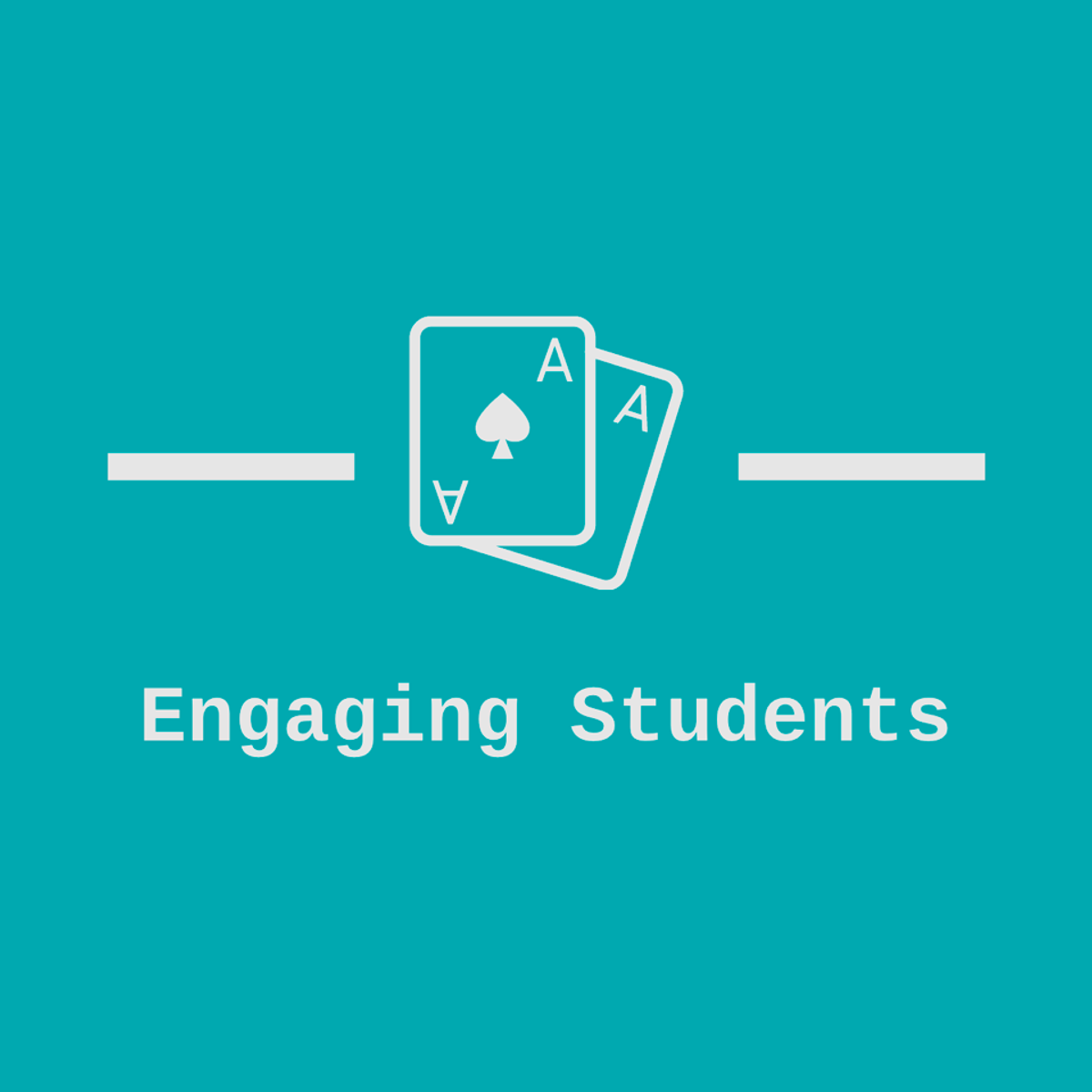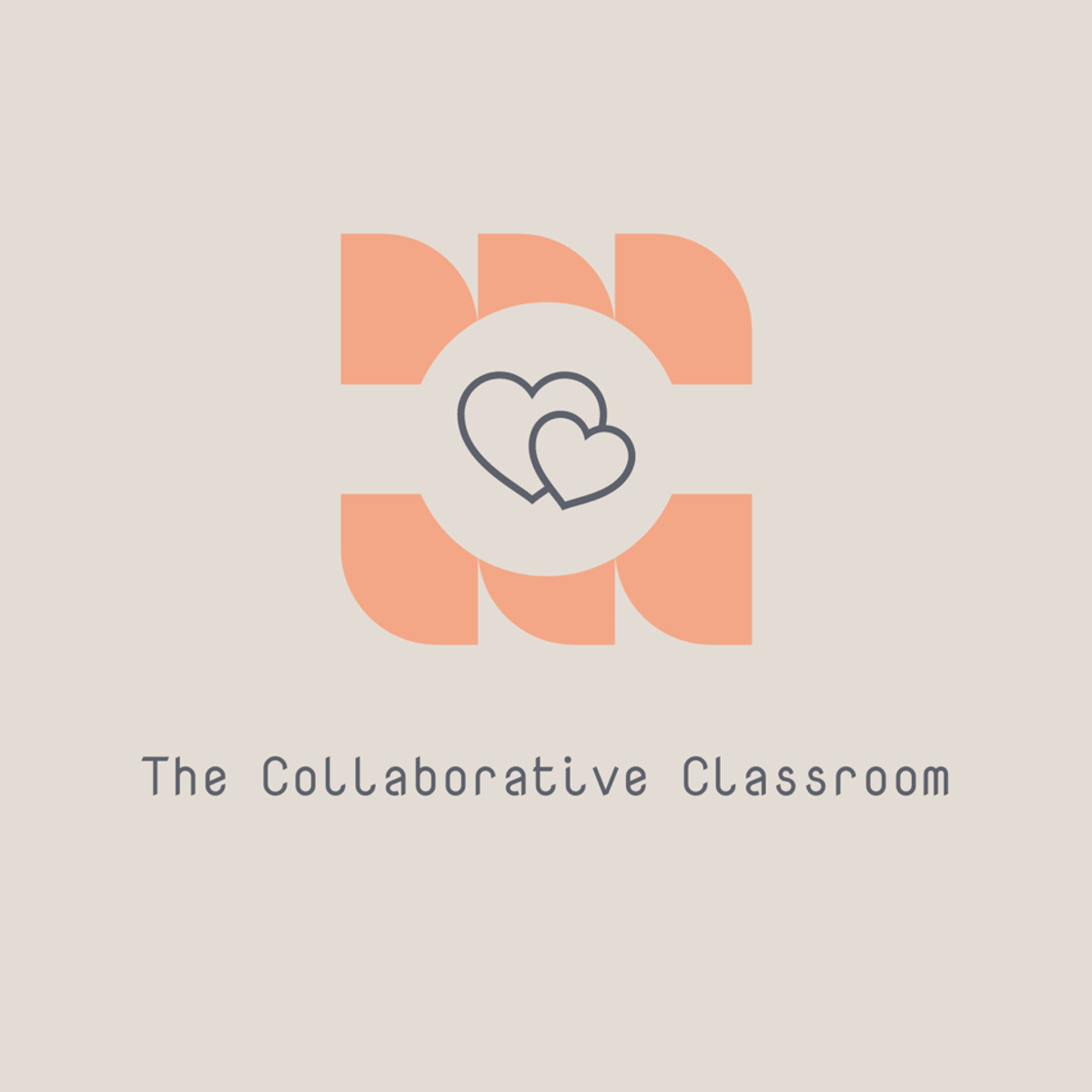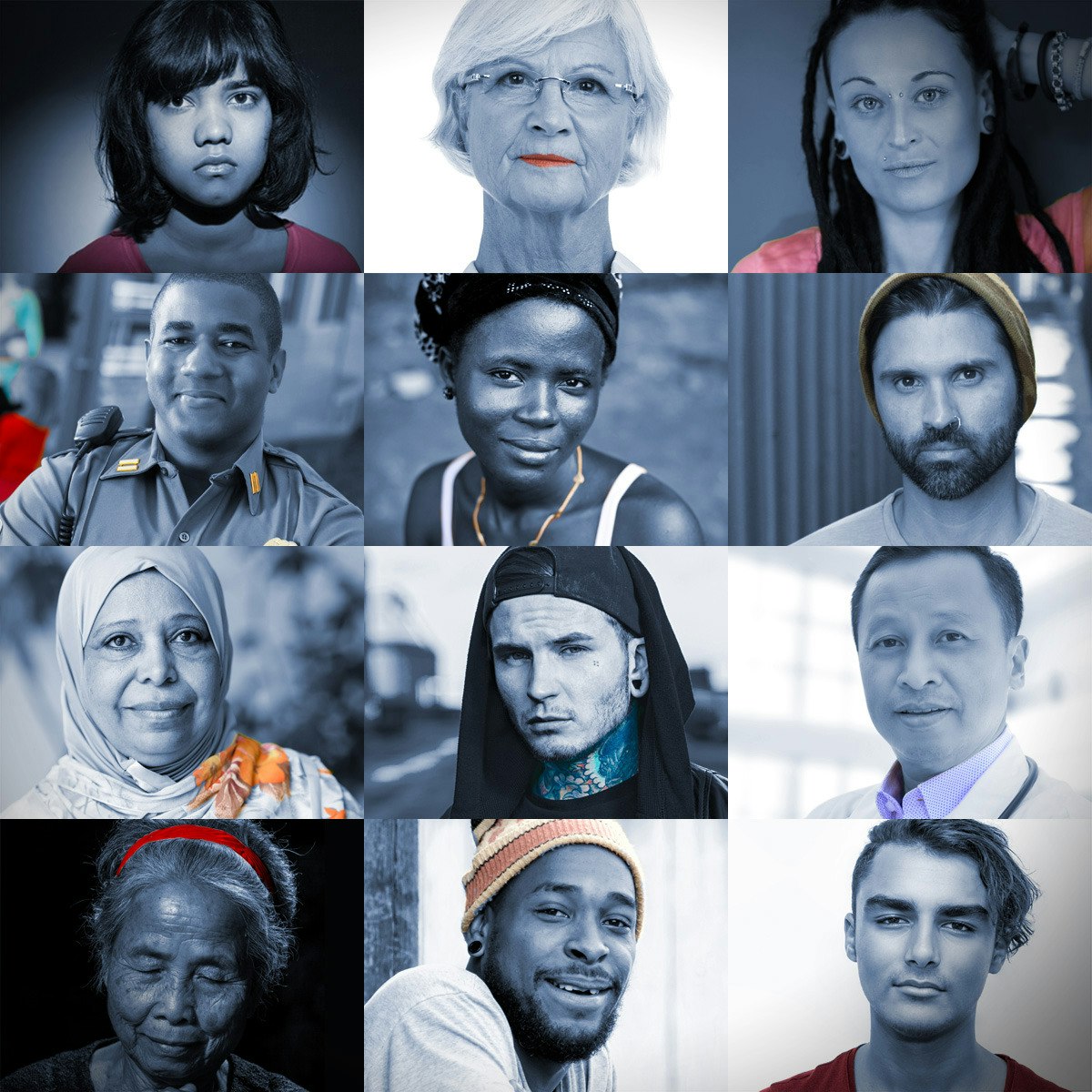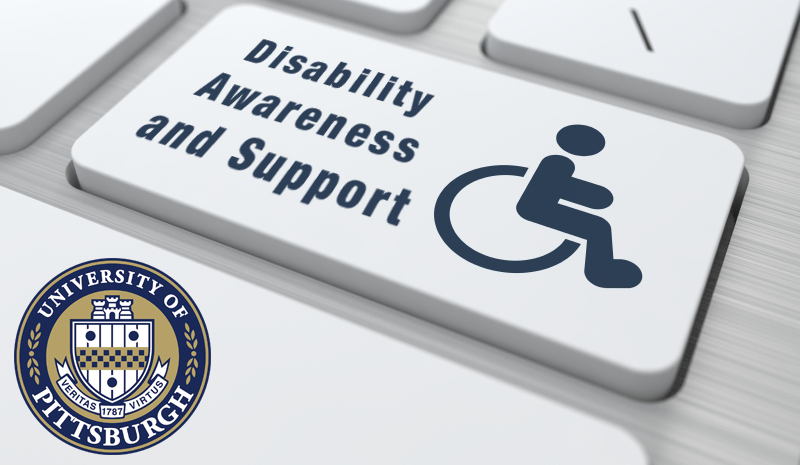Back to Courses









Social Sciences Courses - Page 29
Showing results 281-290 of 672

Utilizing Engaging Assessment with Boom Learning
By the end of this project, you will be ready to use Boom Learning with your class. Boom Learning allows teachers to use self-grading digital task cards (Boom Cards) with their students to check for understanding. Students love using Boom Learning and teachers love the data they can collect as their students engage with technology and subject matter content. Throughout each task, we will work together to ensure that you are ready to use Boom Learning to engage and assess your students.

Host a Quiz Review with Blooket
By the end of this project, you will be an expert at using Blooket to set up and run a unique quiz game that is guaranteed to engage your students time and time again. Blooket provides not just one, but many different game modes to ensure that students remain engaged as they learn and review key concepts you have prepared for them. As we go through this project together, you will be fully equipped to use Blooket to create memorable and exciting learning experiences for your students.

Communicating During Global Emergencies
In collaboration with the Rollins School of Public Health and the CDC's Division of Global Health Protection, Emergency Response, and Recovery Branch, this course introduces basic concepts and principles of communicating during a global crisis or emergency. It explores why communication during an emergency is different and the importance of adapting emergency messages to the needs of affected populations. Through sample scenarios, you will get the opportunity to identify information needs and develop useful messages using six guiding principles to help you communicate effectively and promote behaviors that reduce health risks during an emergency.

Global Health Policy
In this course, learners will become familiar with principles and theories of global health problems, and major challenges and controversies in improving global population health as well as practical applications of quantitative methods to analyze and interpret issues and challenges for policy. Topics will include health and foreign policy, health governance, acute disease surveillance, non-communicable diseases, burden of disease, universal health coverage, health systems strengthening, health financing, and human resources for health and ageing.

Optimization Methods in Asset Management
This course focuses on applications of optimization methods in portfolio construction and risk management. The first module discusses portfolio construction via Mean-Variance Analysis and Capital Asset Pricing Model (CAPM) in an arbitrage-free setting. Next, it demonstrates the application of the security market line and sharpe optimal portfolio in the exercises. The second module involves the difficulties in implementing Mean-Variance techniques in a real-world setting and the potential methods to deal with it. We will introduce Value at Risk (VaR) and Conditional Value at Risk (CVaR) as risk measurements, and Exchange Traded Funds (ETFs), which play an important role in trading and asset management. Typical statistical biases, pitfalls, and their underlying reasons are also discussed, in order to achieve better results when completing real statistical estimation. The final module looks directly at real-world transaction costs modeling. It includes the basic market micro-structures including order book, bid-ask spread, measurement of liquidity, and their effects on transaction costs. Then we enrich Mean-Variance portfolio strategies by considering transaction costs.

Egypt before and after pharaohs.
History of Ancient Egypt. Before and after the Pharaohs: From the birth of the State (c. 3000 BCE) to the early Christian communities (4th century CE).

Support Interactive Learning with Genially
By the end of this project, you will be ready to engage your students using the interactive learning opportunites that Genially provides. Genially is “the tool that brings content to life.” Instead of simply showing an image, Genially allows you to map out a learning journey for your students. With a single image or video, students will have access to endless information that you, the teacher, have added using Genially. Throughout this project, we will work together to build your confidence using Genially so that you can not only use it as a teaching tool, but also as a tool for students to share information they have learned with their classmates.
*You will need a free Genially account for this project.

Use Buncee for Online Teaching
By the end of this project, you will be able to use Buncee to unleash your creativity as a teacher. Buncee is “a creation and communication tool… to create interactive content, allowing those of all ages to visualize concepts and communicate creatively.” With Buncee, teachers can easily create engaging visual presentations that will help students master new content. Throughout this project, we will work together to ensure that you are ready to use Buncee and have created presentations that you can use with your students right away.
*You will need a free trial of Buncee for this project.

Drugs, drug use, drug policy and health
This MOOC is the first of its kind, since it addresses critical issues related to drugs from a multidisciplinary, health and human rights-based approach. Throughout the course you will cover a range of questions including what are drugs and why they controlled? What are the benefits and harms of taking drugs? How public health policies can address drug use?
You will also learn about the intricacies of the international drug control framework and the negative consequences of widespread prohibitionist drug policies around the world. Finally, you will examine ways of furthering drug policy reform.
The topics will be presented by over 40 speakers from scientific, academic and institutional backgrounds, spokespersons of civil society as well as people who use drugs presenting their views.
By the end of the course you will have:
- a strong understanding of the major health issues related to drug use and drug policy;
- a clear vision of why drug policy is debated today;
- and, if you so wish, you will be equipped to engage in the drug policy reform movement at your local or regional level.

Disability Awareness and Support
The goal of this course is to promote equal opportunity and the full participation of students with disabilities in higher education by helping participants advance their awareness of the meaning of accessibility in education. Participants will gain competence and confidence in working with students by focusing on legislation, universal design, and assistive technologies. Thank you to Abbas (Bobby) Husain Quamar, Graduate Student Researcher in the Department of Rehabilitation Science and Technology at the University of Pittsburgh, for his contributions to the course.
